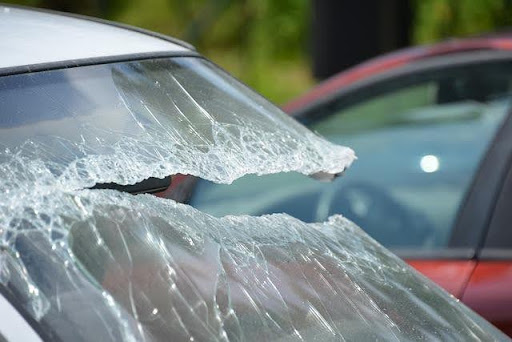
A car accident claim is the initial step towards seeking compensation for medical expenses, lost wages, and other damages/ financial losses arising from the auto accident. While you’re legally entitled to compensation after suffering injuries in a crash that was someone else’s fault, what you do after the accident significantly influences your claim’s outcome.
However, familiarizing yourself with the errors that can jeopardize your claim and avoiding them can raise the possibility of fair compensation. Outlined below are four car accident claim mistakes you should avoid.
1. Opting for self-representation
While you can represent yourself in an auto accident claim, doing so isn’t advisable. Your lack of legal knowledge and experience can result in getting less compensation than you deserve or having your claim denied. Auto accident claims must be completed within stringent time limits. Self-representation can cause you to miss these deadlines, robbing you of the right to file for compensation. It can also lead to mistakes that can jeopardize your vehicle accident claim.
Consider hiring a car accident lawyer to avoid the risks associated with self-representation in auto crash claims. Their skills and experience will raise the possibility of winning your claim. Auto accident attorneys can leverage their negotiating skills to ensure you’re fairly compensated for your damages. Their understanding of the law also reduces the risk of mistakes that can compromise your claim.
2. Failure to seek prompt medical care
Delays in seeking medical care following an auto accident that wasn’t your fault not only compromise your health but your claim as well. Failure to seek medical assistance soon after the crash can result in your insurance provider claiming that your injuries weren’t as severe or weren’t as a result of the accident. This can lead to your claim being denied or low compensation.
As such, it’s imperative to seek immediate medical attention after an auto crash, even if you feel okay because you might have hidden injuries whose signs might start manifesting several days later. Your medical records help document your injuries and treatments and can be used to support your claim.
3. Talking to or Issuing recorded statements to the insurance adjuster
While contacting your insurance provider immediately after a car accident to report the occurrence is standard procedure, you should be mindful of whatever you say. Providing excess details or issuing a recorded statement can hurt your claim. This is because insurance adjusters have the skills to extract information they can use to profit their employers, meaning to deny or lower your claim’s worth. After notifying the insurer of your accident, avoid divulging critical details unless you’ve spoken to a car accident attorney. If you must issue a recorded statement, do so under your lawyer’s counsel.
4. Not gathering sufficient evidence
Proving your car accident claim requires presenting sufficient, indisputable proof. You need evidence to establish fault in a personal injury claim. Failure to gather evidence after a car crash can lead to an unfavorable claim outcome. The evidence you should gather to build a strong case includes:
- Pictures of the scene and the automobiles involved in the crash
- Photos of your injuries
- Detailed eyewitness reports plus their contact information
- Your medical records, plus the police report
- Records of your vehicle repairs
Once you’ve gathered the relevant evidence, preserve it until you can prove your claim and are duly compensated.
Endnote
Auto crash claim errors can compromise your winning chances. Familiarize yourself with the car accident claim mistakes you should avoid.
